Is it a case of strangling the golden goose? Have corporate raiders profiting from public goods been stopped?
There is little doubt that the Indian telecommunications industry has transformed the lives of Indians and has done so at a price, to the final consumer, of pennies. Once upon a time, an outgoing call cost over 32 rupees a minute and data cost a hundred rupees for a megabyte. Today, mobile services are so affordable that many consumers don’t think twice about placing calls or downloading videos. In fact, data is so cheap that some consumers prefer mobile data or fibre-optic cables coming into their homes. But were the cheap prices all based on a ruse of cheating the Government out of revenue? That is what the Government claimed and won a victory in the Supreme Court in the now famous “Adjusted Gross Revenue” (AGR) case.
The telecom companies fought hard to ensure that payments are made over an extended period of time rather than in one go, which was also fair on the face of it. Now that the issue has been settled, what next for Indian telecom companies? They will need to raise billions of dollars to pay these fines and it is unlikely that they will manage to drastically raise access prices, although that might be the only solution. For far too long, India has operated on the basis of the “long tail” where low-income consumers make up a huge volume thanks to low prices. This has enabled low-cost invention but has stifled innovation to a large degree. India really needs to raise its median income higher and a constant focus on low-cost jugaad will not help, so higher prices might be the only way forward.
And those will be needed if India needs the next generation of telecom technology, 5G, which will dramatically increase access speeds and could be the backbone of Narendra Modi’s much-ballyhooed “Digital India.” India doesn’t want a monopoly in the telecom space and it needs the latest technology as well. Higher prices might be frowned upon by some in the government but they have gotten to the cake. They can’t keep on admiring it anymore.
Editorial: The Pioneer







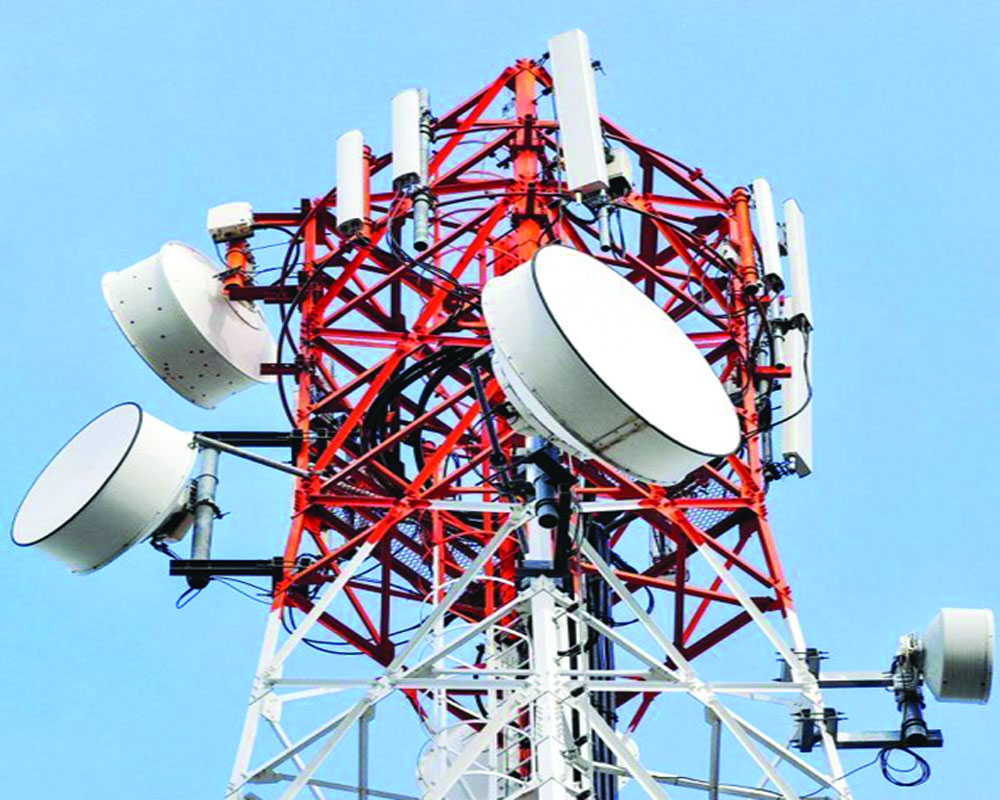
 OpinionExpress.In
OpinionExpress.In
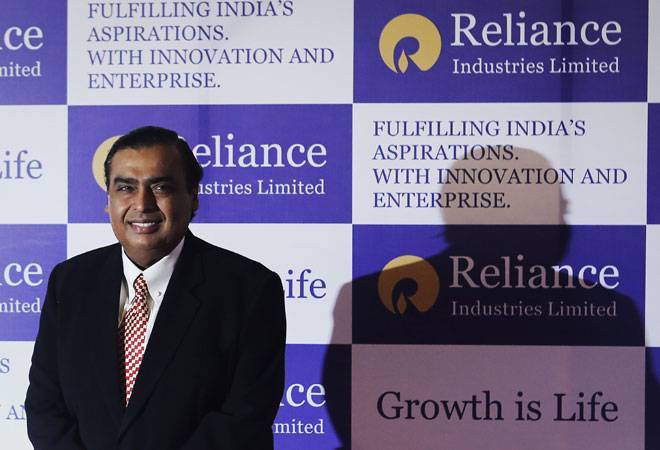
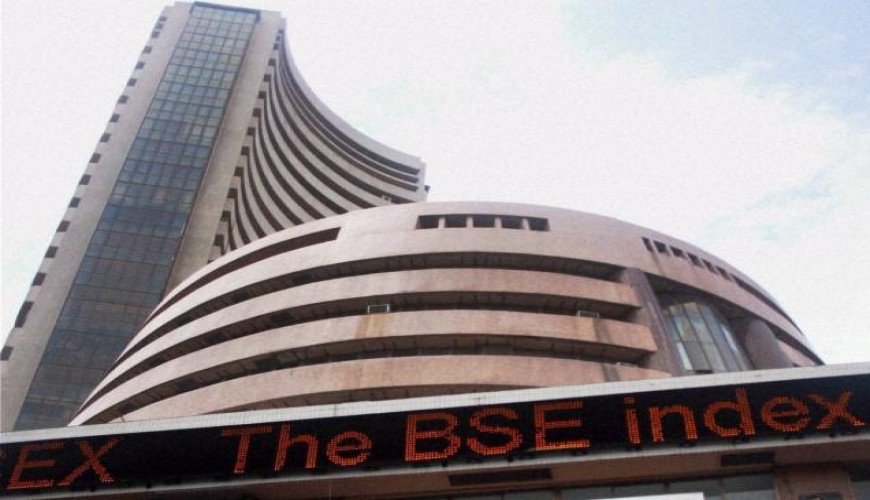
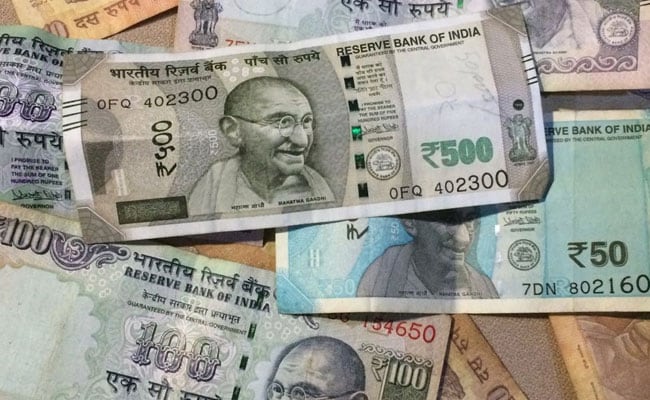
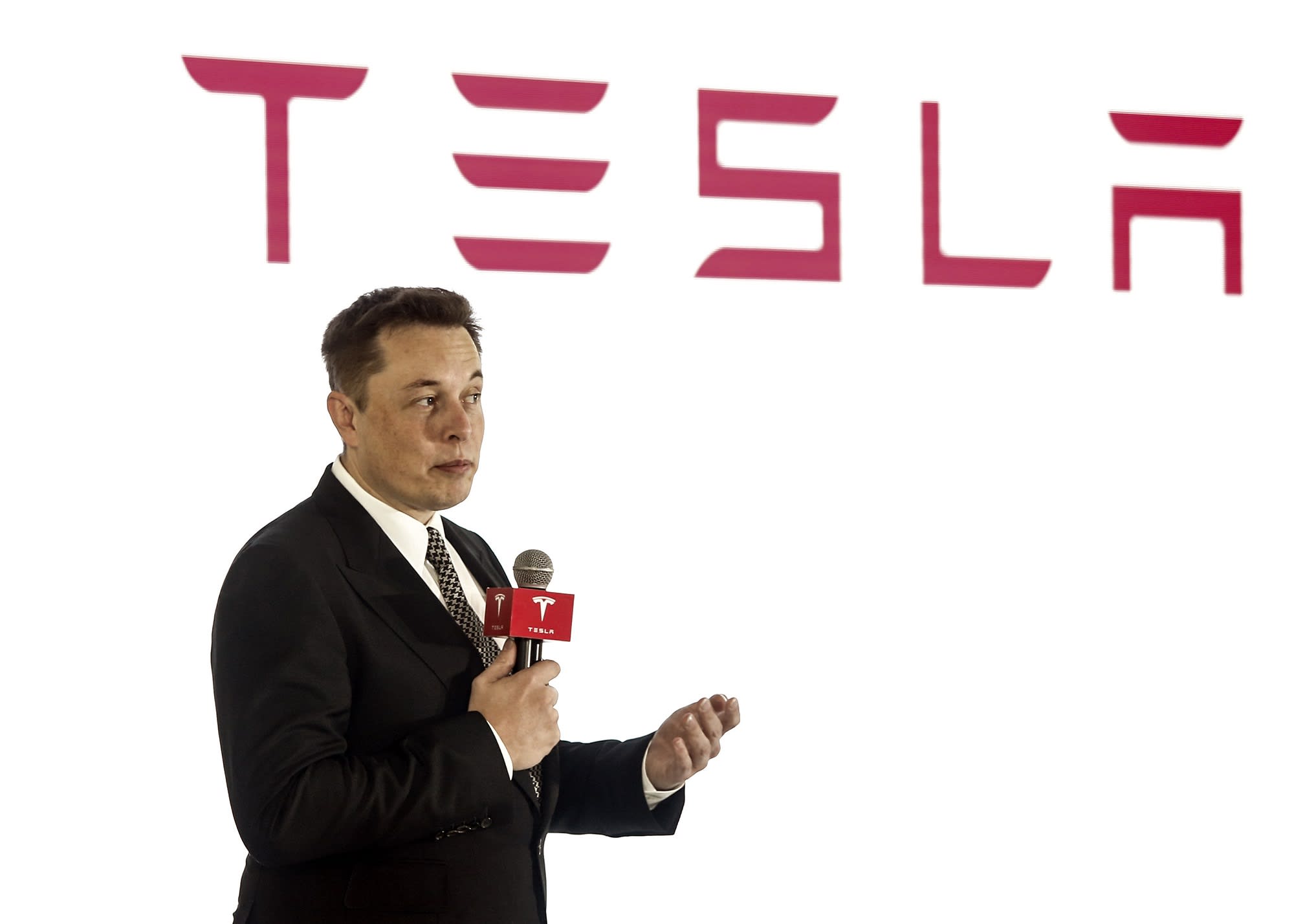


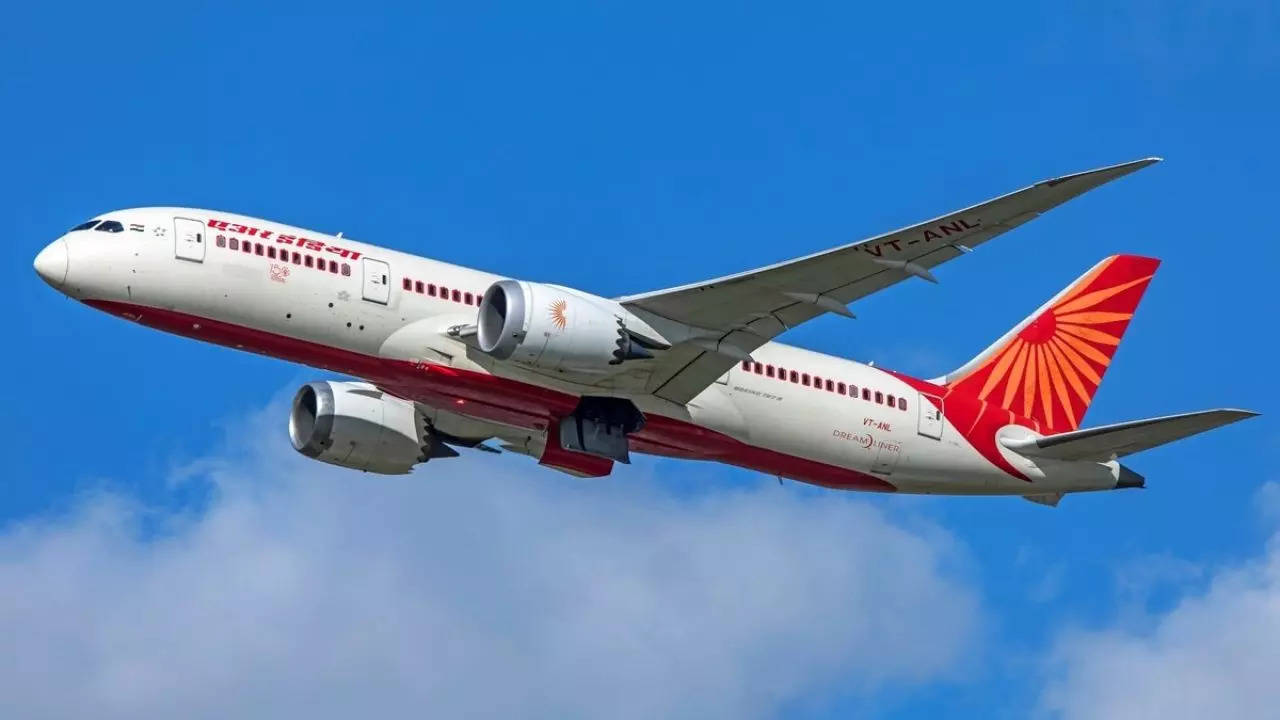

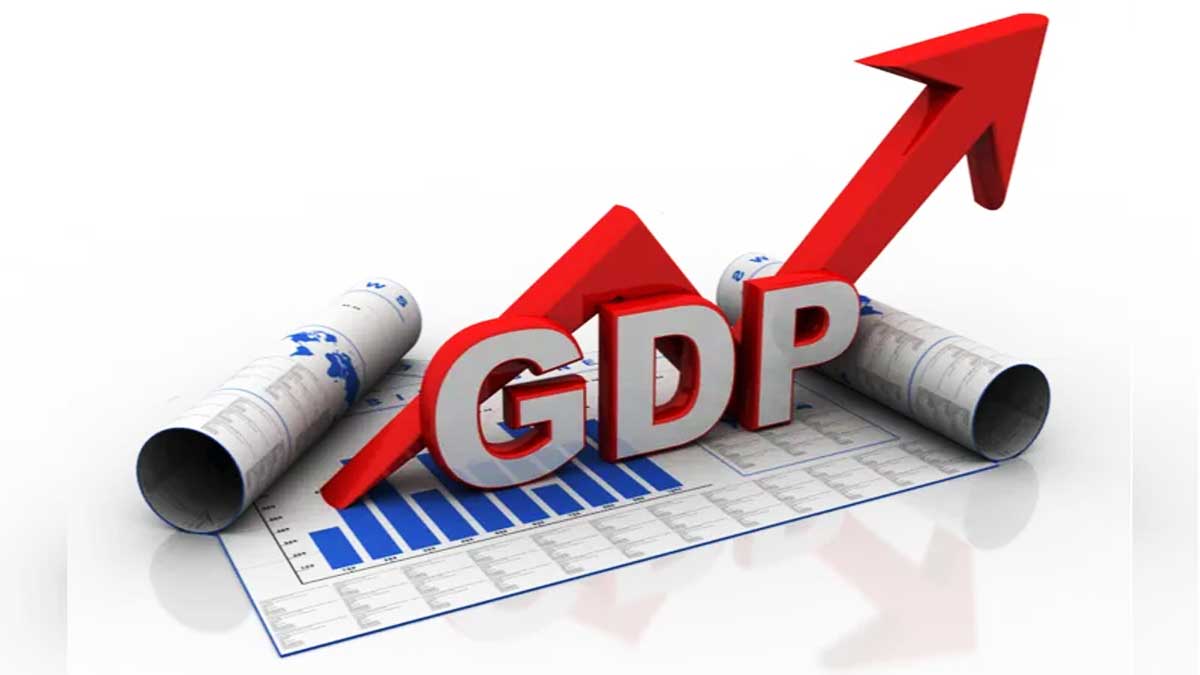






Comments (0)